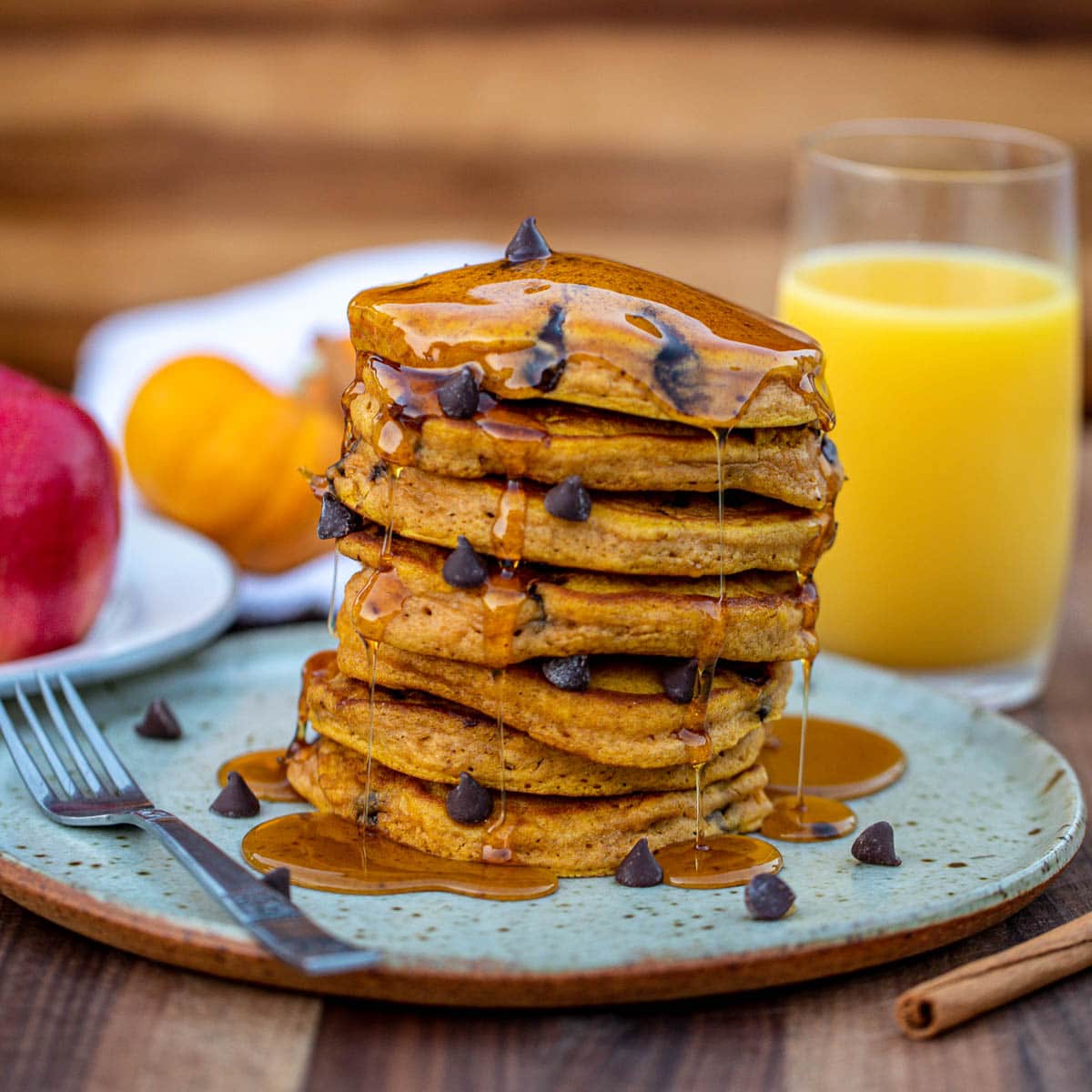Chef Shares Best Secrets for Making Perfect Burgers
As a chef, I strongly believe the best way to feed a crowd is to have all of your party foods prepped and ready to go — and that includes your burger patties.
When I worked as a line cook a few years ago, I learned the subtle art of working with ground meat and making the perfect, juicy burger.
As you prepare to make those burger dreams a reality, remember these eight tips to help get you out the door and grilling.
Thaw your meat completely
Whether you ordered good-quality ground meat from your local farmer or stocked up at the grocery store during a sale, the most important thing to do is fully defrost it before cooking.
There are three main ways to defrost ground beef: in the refrigerator, in the microwave, or in cool water.
I recommend the refrigerator method, which is great if you’re planning a day or two in advance. Simply place your frozen meat into a bowl or container, leave it on the bottom shelf of the fridge, and your meat should be fully thawed the next day.
If you’re using a microwave, use the defrost setting and thaw the meat in three- to four-minute increments, remembering to turn it over. Microwave for as long as 12 minutes or until the meat is thawed.
For the cool-water method, place the sealed package of meat in a large bowl and weigh it down. Fill the bowl with cold, running water, turning it on and off. Refill the bowl with fresh water every 20 to 30 minutes until the meat completely softens.
Pay attention to the grind
If possible, ask your grocery-store butcher if they’ll grind some fresh beef chuck to medium-coarse to coarse, about ¼ inch, for you on the spot.
This grind allows the fat to appropriately integrate with the meat and retain a beefy texture and moisture, even when it’s dripping juice on a hot grill.
You can also ask your butcher if they suggest any other meat combination or if they can throw in some fancy scraps at a lower cost.
If you can, try grinding the meat at home
sy cho/Shutterstock
You can try at-home grinding with a stand-alone, hand-crank meat grinder or use an attachment like the kinds KitchenAid offers.
Simply dice cold meat into 1-inch chunks, freeze on a sheet pan for about 10 minutes, and then grind. I suggest experimenting with the flavor differences of a ⅜-inch and ¼-inch grind.
You can also make ground meat in the food processor. Pulse 1-inch thick cold meat and fat for about 10 seconds at a time until everything looks nice and uniform, working in small batches so the beef doesn’t get warm.
Pay attention to the fat percentage
Good beef just tastes better and the best butchers know how to balance tender or sinewy meat with fat to enhance its potential.
If you’re able, try to find a local farm that sells whole cuts or their own frozen ground meat. The most common burger cut is chuck steak with 80% meat and 20% fat.
In a pinch, 85% ground meat will do just fine, but be very cautious about overcooking and don’t go higher than a medium-level doneness to retain moisture and flavor.
Remember that the shape of the patties matters
DebbiSmirnoff/Getty Images
The center of burgers that are 6 ounces or more can bulge before they’re done cooking, but there’s a quick fix to keep your patties from looking like meatballs.
Don’t overwork the meat when you’re forming your patty, since this can lead to a dense, tough burger.
Gently shape your burgers into evenly round, 1-inch thick, flat discs. Once those patties are formed, press your thumb in the center to make a dimple to help it cook evenly.
Only use salt right before cooking
Once you’ve got your formed burger disks, it’s time to add some salt.
Adding salt to ground meat changes the consistency. For example, a breakfast sausage is a far cry from a fresh burger — all thanks to salt and its molecule-changing capabilities.
Right before placing on the grill, take a large pinch of kosher salt and gently cover the outside of the patty with a thin layer. Add the burger salt-side down to the grill and sprinkle some on the other side.
This shouldn’t make the burger taste overly salty but will create a perfect ratio of seasoned meat to each bite.
Cook everything to the right temperature, or just below
Moyo Studio/Getty Images
Keep in mind that a big burger, just like a steak, will go up a few degrees after cooking.
Medium-rare burgers are cooked to 130 degrees Fahrenheit and have a cool, pink center with a charred exterior and a beefy taste with tons of juices.
A medium-well burger is cooked to 150 degrees Fahrenheit and has a hot pink center. However, this can quickly lean toward tasting dry, especially if the fat content is low.
Finally, feel free to enjoy that well-done burger, but don’t expect it to be the juiciest of the bunch. You can also experiment with different kinds of quality meat and see the difference for yourself.
There’s no need to add lots of extra ingredients
Of course, the truth remains that good meat, treated well, should be more than enough for a perfect, juicy burger. Additional ingredients like onions, bread crumbs, and eggs can be just fine in other dishes but can make a burger taste like meatloaf.
Keep the extra flavorings like spicy mayo, crisp lettuce, and sliced tomatoes as add-ons. Go fancy with aged cheddar or Gruyere, top with some caramelized onions (a personal favorite), or mix chili crunch into aioli for a little kick.
However it works out, the best burgers are the ones you end up craving again.



